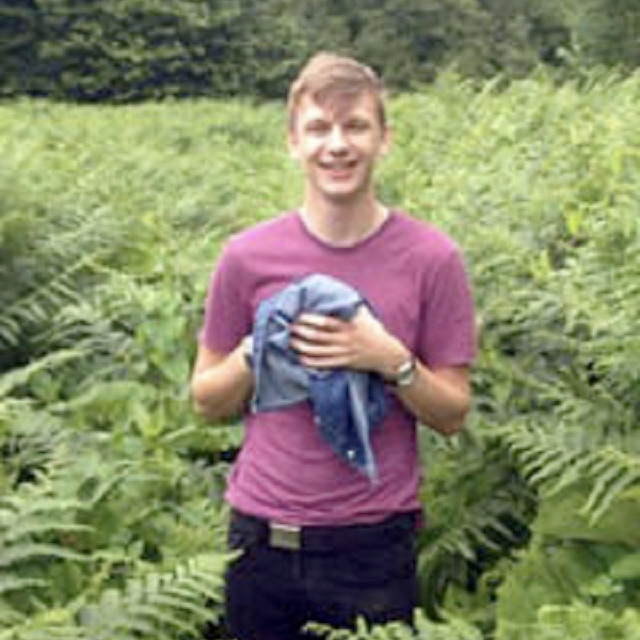Steven Lewis, Geoscience Research Graduate

Course studied
MSc Geoscience Research
Undergraduate degree
Applied Environmental Science with Physical Geography from Keele University
Current employment
PhD student at the University of Edinburgh.
What did you do after graduation and how did you get this job?
I applied for NERC funded projects during my Masters (around December) for projects that started in September so I was lucky to start my PhD straight after graduation.
What does your job involve?
I will be spending the next 3 years with the aid of 3 separate lab-based experiments, probing the biochar-soil-plant interface, for its potential as a sustainable phosphorus fertilizer. This involves project management, both in terms of designing experiments but also obtaining/ allocating funding to ensure the project’s success. Dissemination of research is also an important part of the job, this is achieved via producing academic papers, presenting research at conferences in both poster and platform formats and liaising with technical working groups such as those for the EU Commission on fertilisers. Alongside personal projects teaching opportunities are an integral and rewarding part of the job which can involve guiding undergraduate tutorial sessions, demonstrating in practical sessions and marking.
What did you learn on the MSc Geoscience Research which helped you get the job, or helps with your role now?
As I have pursued further postgraduate education many skills learnt on the MSc Geoscience course were directly transferable. The generic research skills and research design and management modules dramatically improved my research dissemination ability both in terms of producing high standard graphics (an invaluable skill I utilise frequently) but also providing guidance on effective platform and poster presentations (utilised both for my own research but also for teaching undergraduates). Conversations with my current PhD supervisor indicated I was a desirable candidate due to knowledge and experience of specific research equipment. This competency was as a result of the specific research skills module in which regular meetings with Dr Ian Oliver and Dr Sami Ullah allowed one to one training with laboratory equipment. The flexibility of this module (i.e. organizing and dictating your own training needs) also helped develop independent project management, a vital skill for doing a PhD. The literature review and dissertation modules were structured as such that staggered submission and feedback allowed for effective development of scientific writing skills throughout the year. No matter what your future employment, being able to write concisely and in a manner that is relevant to your intended audience is invaluable.
Do you have any advice for current/prospective MSc Geoscience Research students interested in a similar career?
PhD opportunities are constantly released so don’t wait till the end of the year to apply. Produce a CV early, get it checked and update it frequently whenever you obtain a new skill. The specific research skills module gives you the perfect opportunity to learn skills relevant to your field in a one to one setting, take advantage of this as much as possible. Go to additional seminar series they are free and can give you ideas for your project you may not have thought about. PhD students are frequently asked to teach undergraduates, ask your supervisor if there are any modules they need help on, it looks good in an interview, it refreshes your knowledge and you get paid.

